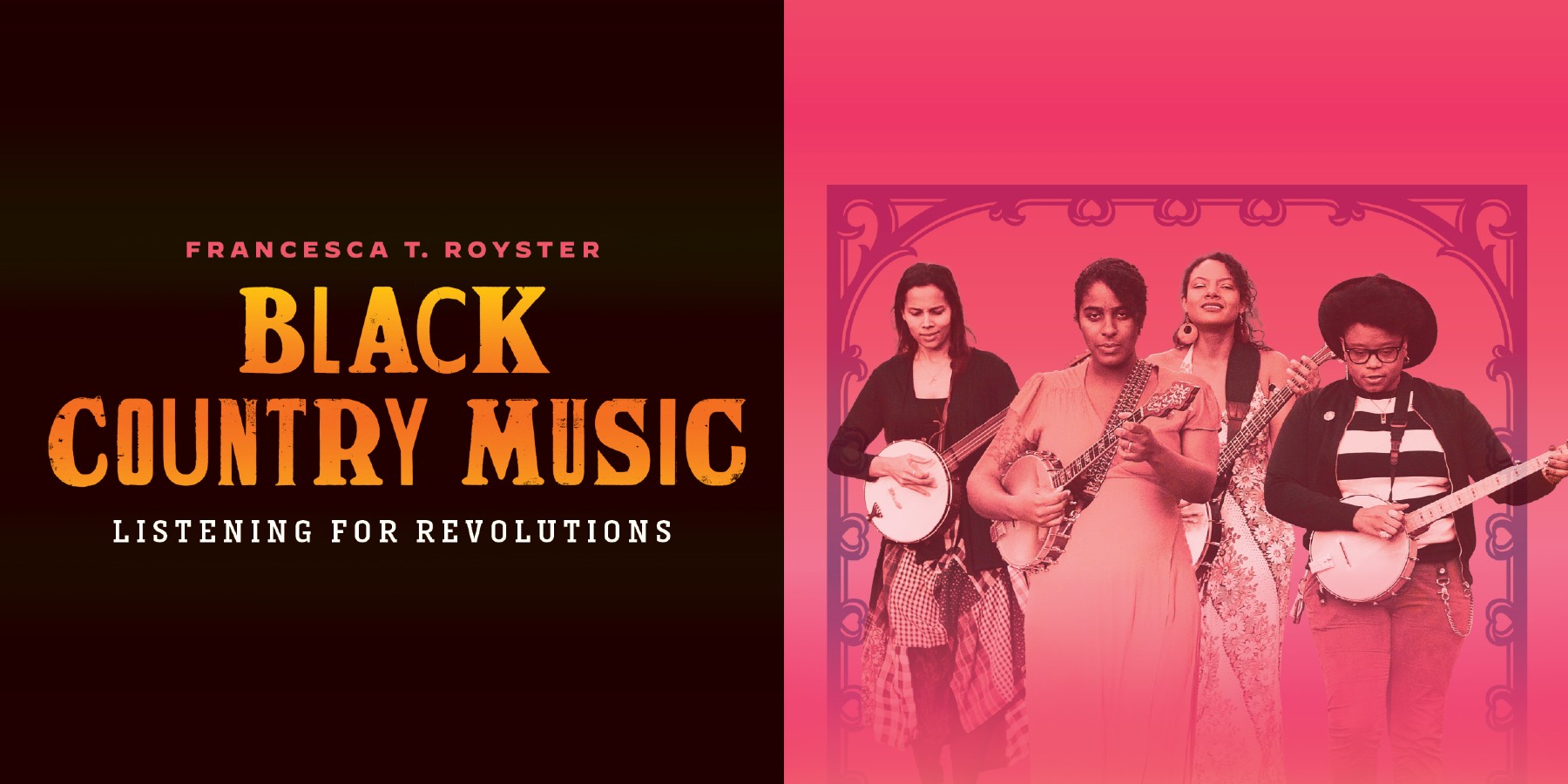Country music provided a solid third of my childhood musical diet. Another third came from actual children’s music, while Contemporary Christian Music served as the other third. As a white kid from Texas, that shouldn’t be a surprising admission. Neither is it breaking news that I rebelled against such music in my adolescence, but I especially didn’t like country. I didn’t like the voices, the tones, or the stories. It all seemed very grownup. And it was literally my dad’s music, which meant it was the opposite of cool.
However, music and culture are tied together at a nearly intrinsic, subconscious level. Most people’s favorite music memories are formed while spending time with your family, friends, neighbors, classmates, and essential circles of influence. In fact, science and behavioral psychology reveals that the music of our adolescence holds a special place in our lives. Our bodies send us increased serotonin when we hear a treasured song from our youth. The music we love literally feeds and sustains us.
But what happens when you aren’t allowed to enjoy that music?

That is the question Francesca Royster seeks to answer with Black Country Music. Equal parts personal and anthropological in approach, she tells the story of Black people and their conflicted relationship with country music. Subtitled “Listening for Revolutions,” the book combines intimate reflections from her life with essays about Black artists who love the genre.
Released on University of Texas Press, the book speaks about country music and Black country fans with clarity and compassion. It specifically examines the perspectives of women and queer artists who love country music and seek to reshape it. While it’s not a history book, it does traffic in the language of both memory and historiography. It first recognizing the historical and cultural barriers in the country music industry. It then effectively explores how lack country artists have spent decades breaking down those walls.
Black Country Music is predictive and forward-thinking.

The text focuses its energy in a discussion of the present and future of Black artists making country music. It accomplishes this using a keen examination of the historic forces that have prevented Black people from experiencing and enjoying country. Dr. Royster directs ample attention to the schemes of various business and sociocultural actors working against Black country singers.
She showcases how record label executives, radio DJs, and public relations firms impacted the inherent biases of country music fans. This occurred by manipulating the image and public personas of Black artists and pandering to white audiences, Moreover, she artfully critiques the circular and self-defeating logic that the music industry employs against Black artists. “If there aren’t Black country acts, then there can’t be Black country fans. And if there aren’t Black country fans, we don’t need to sign or market Black country acts.”
Each chapter uses a different artist or two as the lens to examine those ideas.

Tina Turner helps us look at a love of country music through a queer woman’s outsider lens. The chapter on Darius Rucker provides a heartfelt examination of bro-friendly intimacy and approachability. I especially appreciated the comparison to Charley Pride and the attendant discussion of respectability politics.

Chapters on Beyonce and Lil Nas X provide a look into how Black people can actively love country music and its signifiers but never be accepted. Essays on Valerie June and the women in Our Native Daughters examine the revelatory music created by progressive artists. By studying the deep history of Black people making country music, they can push those sounds and expressions into the future.
Black Country Music is an astounding work of musical history and cultural reckoning.
What I loved most about it how Dr. Royster talked so lovingly about country music without making it about herself. As a queer woman who grew up in Nashville, she writes for Black people who love country music but are afraid to talk about it. The book regularly discusses the stigmas that keep many Black people from acknowledging they like country music. It regularly highlights ow the genre marketed as music for a white audience, complete with historical ties to southern racism. She’s unafraid to examine those corners of the American musical psyche. Royster loves country, and her book profiles Black artists who want to reclaim the genre’s Black roots.
This is a must-read for anyone who enjoys country music, music writing, Black history, and Afrofuturism.


